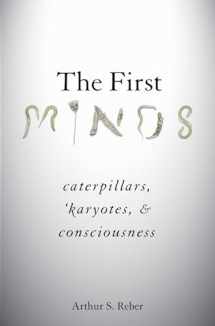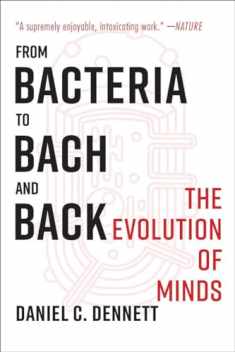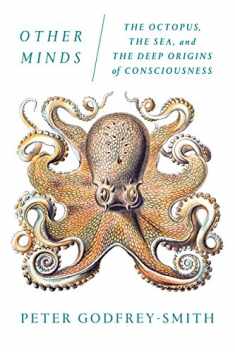
The First Minds: Caterpillars, Karyotes, and Consciousness
Book details
Summary
Description
First Minds: Caterpillars, 'Karyotes, and Consciousness presents a novel theory of the origins of mind and consciousness dubbed the Cellular Basis of Consciousness (CBC). It argues that sentience emerged with life itself. The most primitive unicellular species of bacteria are conscious, though it is a sentience of a primitive kind. They have minds, though they are tiny and limited in scope. Hints that cells might be conscious can be found in the writings of a few cell biologists but a fully developed theory has never been put forward before.
Other approaches to the origins of consciousness are examined and shown to be seriously or fatally flawed, specifically approaches based on: (a) the assumption that minds are computational and can be captured by an Artificial Intelligence, (b) efforts to discover the neuro-correlates of mental experiences and, (c) looking for consciousness in less complex species by identifying those that have precursors of those neuro-correlates. Reber shows how each of these approaches is shown to be either essentially impossible (the AI models) or so burdened by philosophical and empirical difficulties that they are effectively unworkable.
The CBC approach is developed using standard models of evolutionary biology. The remarkable repertoire of single-celled species that micro- and cell-biologists have discovered is reviewed. Bacteria, for example, have sophisticated sensory and perceptual systems, learn, form memories, make decisions based on information about their environment relative to internal metabolic states, communicate with each other, and even show a primitive form of altruism. All such functions are indicators of sentience.
Finally, the implications of the CBC model are discussed along with a number of related issues in evolutionary biology, philosophy of mind, the possibility of sentient plants, the ethical repercussions of universal animal sentience, and the long-range impact of adopting the CBC stance.


We would LOVE it if you could help us and other readers by reviewing the book
Book review





